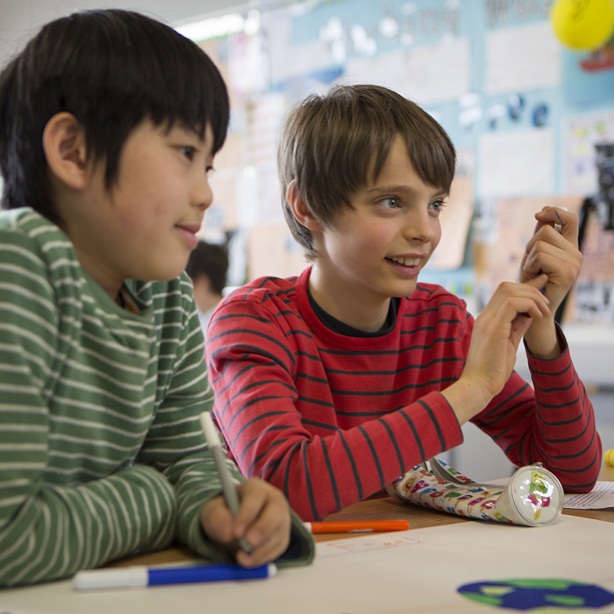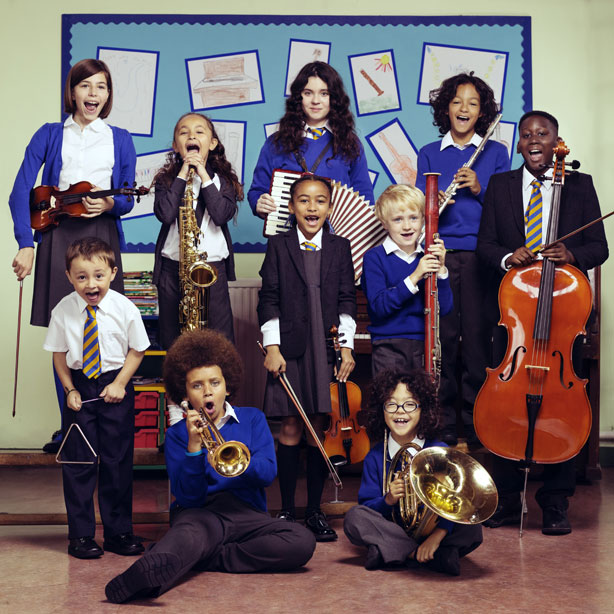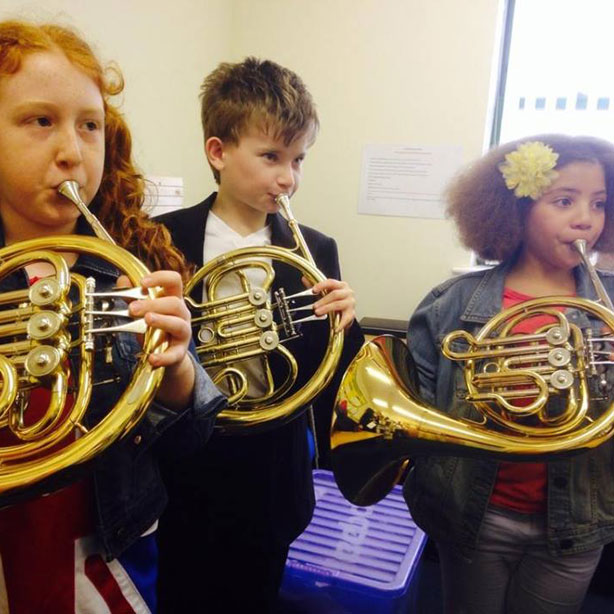Oxfam on the power of music for social change
Kate Evans, Oxfam's Education and Youth Marketing Manager, on how the charity's special music education packs will help pupils in the schools participating in the Don't Stop The Music instrument amnesty understand more about the power of music to overcome poverty and discrimination...
"Oxfam often quotes the late Nelson Mandela’s words: ' Education is the most powerful weapon you can use to change the world ', but if we could nominate a close runner-up for that title then music would be a strong contender.
Throughout history, music has changed lives and societies, from resisting slavery to campaigning for civil rights in the US – and Oxfam sees it continuing to do so time and again in our work to overcome poverty around the world. Add education and music together and you can begin to feel change happening under your feet!
To support Don’t Stop The Music, Oxfam Education has produced a set of music resources that will inspire and motivate pupils to learn about the role of music in social change. Raising Her Voice is an exciting series of lessons that enables primary school teachers to bring music into their classroom through simple performance opportunities, based on West African musical principles. Pupil get the chance to perform cyclic patterns, a key element of traditional West African music, and listen to the songs of Oumou Sangaré, a Wassoulou singer who uses her songs to highlight issues that affect women.
Music can offer a gateway into exploring global issues and other countries and cultures.
Focusing on West Africa, Oxfam’s resources guide
learners through an exploration of aspects of the culture, history and
experiences of people in Benin, Mali and Senegal, and of how music can be used
to express people’s voices. For example, the resource explores the story of
Maimouna from Mali and how she spends her time.
Oxfam’s strength is its ability to provide real-life information from programme work to stimulate pupils’ interest in music and human rights. Raising her Voice allows pupils to consider examples of how the rights of women and girls can be denied, and ways in which women in West Africa are using music to speak up for the protection of their rights.
Oxfam Education matches these stories from the ground with the demands of UK national curricula, so the resource will also help primary teachers fulfil curriculum requirements in England, Scotland, Wales (a Welsh language version is also available) and Northern Ireland. Further resources linking global issues with curriculum areas, including music, can be found on the Oxfam Education website.
While there is no expectation or requirement of young people to fundraise for Oxfam, the resources contain an Oxjam Schools pack for those schools who might like to stage an Oxjam concert to raise money for Oxfam’s work. Where pupils choose to do this, this pack provides a wonderful opportunity to expand their appreciation of the power of music to help shape a more just world."
Find out about Oxfam's involvement in the Don't Stop The Music amnesty.




